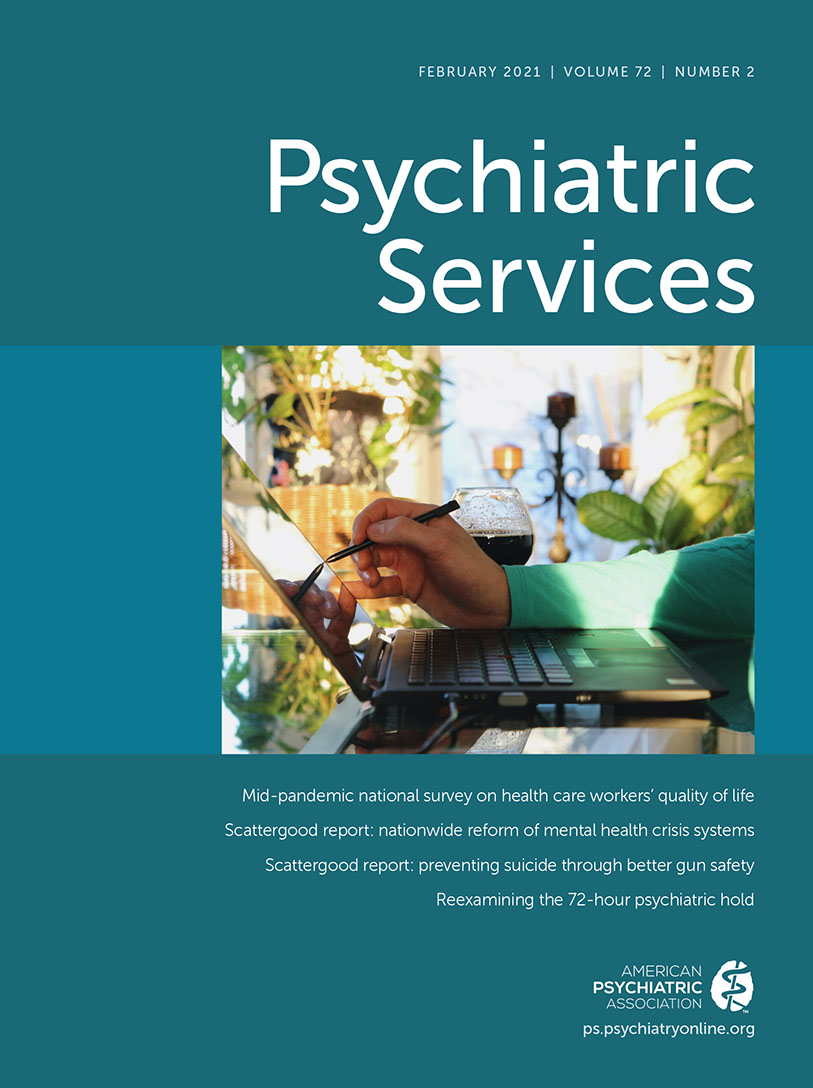Barriers to and Facilitators of Oral Health Among Persons Living With Mental Illness: A Qualitative Study
Abstract
Objective:
Persons with mental illness have poorer oral health and are less likely to receive oral health care than those in the general population. A comprehensive understanding of barriers to and facilitators of accessing oral health care from a multidisciplinary perspective is lacking. The authors of this qualitative study sought to explore barriers and facilitators in addressing the oral health needs of individuals with mental illness from the perspectives of patients, psychiatrists, and dentists.
Methods:
A thematic content analysis approach was used to triangulate the perspectives of the three groups. Face-to-face semistructured interviews were conducted in 2018–2019 with patients with mental illness (N=20), psychiatrists (N=20), and dentists (N=25) at an academic medical campus in rural eastern North Carolina. Participants were recruited until thematic saturation for each group was reached.
Results:
Reported barriers to oral health care were categorized under emerging themes: access to dental care, fear of dental care, characteristics of mental illness, lack of oral health screening by psychiatrists, lack of education and training, stigma of mental illness, and lack of communication. Facilitators of oral health care were linked to the reported need for education and training, financial support, dentists’ chairside manner, community support, and interprofessional communication.
Conclusions:
The findings highlight health system gaps between oral health and mental health. The barriers and facilitators identified can help inform the development of interventions to improve oral health of patients with mental illness. Interventions should include interdisciplinary education and training, improved communication, and strategies to reduce financial barriers and anxiety in dental practice.



